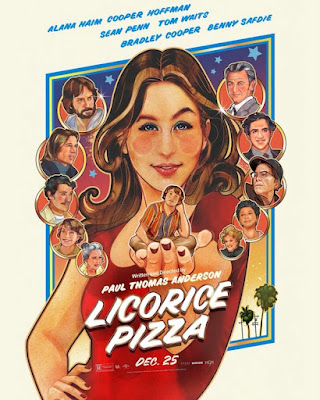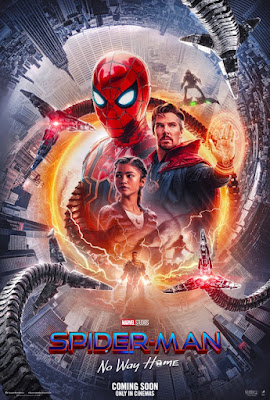Studios continue to look for reasons to put pop music into movies. The obvious motivator is that those songs provide a presold audience for the film. Many films nowadays are simply an excuse to raid the catalogue available to them through their corporate ownership. I am not tracking down all the tunes used in this film to see if they are part of Universal's acquisitions, but it would not surprise me. The first film in this series came out five years ago and clearly did well enough to justify another dip into the waters.
The story is set up as if the audience will remember all the characters from the previous film, which may be a safe bet for kids and their parents who have replayed this incessantly over the last five years but that was not me. I saw "Sing" when it originally arrived in theaters and I have not revisited it since. It took a few moments for me to remember or understand who was who in this menagerie of singing pigs, gorillas, dogs, cats and elephants. Musical performances remind us a little bit of what happened in the first movie, but that history is mostly irrelevant now.
Like Kermit the Frog in "Muppets Take Manhattan" , Buster Moon wants to take his successful local theater production to the big time, a thinly veiled, animated version of Las Vegas. Cirque de Sol has nothing to worry about, because the staging of this extravaganza is even over the top for Vegas. So, the movie is a tale of the little guys trying to prove themselves in the big time while fighting minor tyrants, nepotism, and a reluctant former star who has sunk into his own sorrow so deeply that he has abandoned the music that once brought him to life.
There is no point in getting too technical about the story qualities. It is a simple structure designed to hang musical sequence on and it largely works. The look of the film is top notch with crisp character design and elaborate set production. The actors largely sing themselves [it helps when you just hire singers to do the voice work, but some of the actors who are not recording artists are solid as well]. When there are emotional moments in the film, it is usually a result of the song rather than the drama. There are plenty of funny bits with odd chases and crazy characters going wild, and those will amuse the little children in the audience.It is the fact that it is a children's film that I want to finish on. The music and setting help keep this from being cloying, but it is still clearly designed to entertain families with small children. As the credits were rolling and the music was playing out, I saw several little girls, dancing in the aisles in this sold out theater. I was happy about two things: first, a movie theater was full, that is good news, second, the kids dancing reminded me of a couple of parents who took their kids to the movies thirty years ago and could not restrain them from dancing at the front of the theater when a movie was over. How could a movie that accomplish this be something to complain about?






